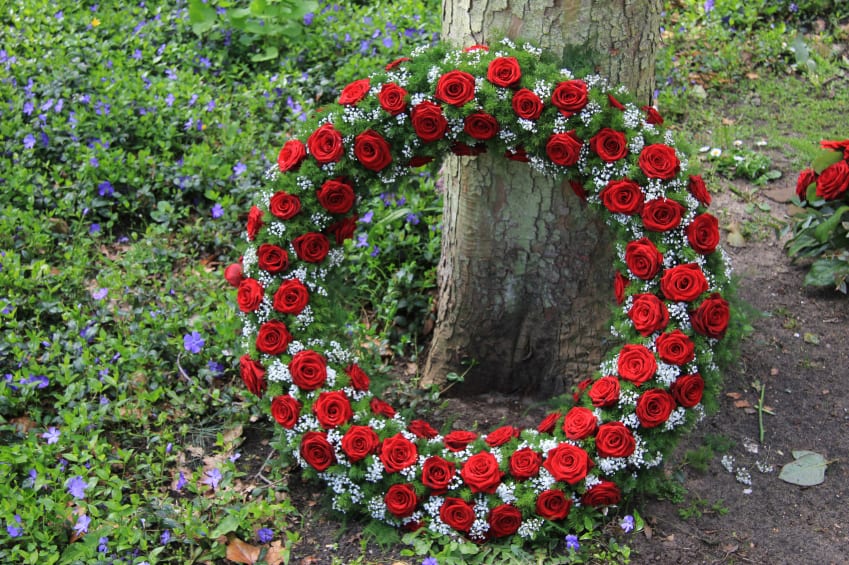Some people choose a funeral with a traditional burial while others select cremation for their end-of-life service. Each of these services offer benefits, but a growing number of people are choosing cremation due to increased affordability, convenience, and environmental concerns.
Cremation vs. Funeral Cost
Arguably, the biggest advantage of cremation is that it is a low cost alternative to burial. Burial costs today average about $8,000, and the price may be higher than that in some places.
In contrast, cremation costs one-quarter of the cost of burial and is as low as several hundred dollars in some regions. Because cremation is a simple service that doesn’t require a funeral, burial plot, headstone, and other burial-related expenses, cremation costs remain relatively low.
Cremation vs. Funeral Process
Both a funeral and cremation require a death certificate, which is usually procured by the funeral home. A funeral requires embalming and other services to make the body presentable for viewing. Families who choose a burial must purchase a casket, choose a burial plot, and pay burial fees. After the funeral or viewing, the casket holding the remains is lowered into the ground during a burial ceremony.
In addition to the death certificate, a cremation requires a state permit, obtained by the cremation provider. With a direct cremations, offering the biggest cost savings, the deceased is transported directly to the cremation facility after the death certificate is obtained. The cremation process itself takes only a couple of hours. Some family members choose to be present during the cremation, while others choose to pick up the remains later or have them shipped. Some families opt to have a post-cremation scattering or memorial service.
Cremation vs. Funeral Options
There are a number of different ways to customize funerals. A funeral plan gives families the chance to select the type of service, music, food, flowers, photos, and ways to remember the deceased. The funeral plan also specifies a final resting place for the deceased: burial plot, mausoleum, or private estate burial.
Cremations are just as customizable as funerals. A growing number of families are choosing to pair direct cremations with post-cremation memorials. These services range from simple scattering services to elaborate “life celebration” memorial services, like funerals without the viewing. There are also a number of choices available for final disposition of cremated remains: custom urns, columbarium or mausoleum niches, or cremation burials.
Whether you choose a cremation or funeral with a burial, discuss options with your funeral home or cremation provider. Make sure you get price quotes for services. If a plan doesn’t suit your needs, talk to your service provider about customizing your final plan.





